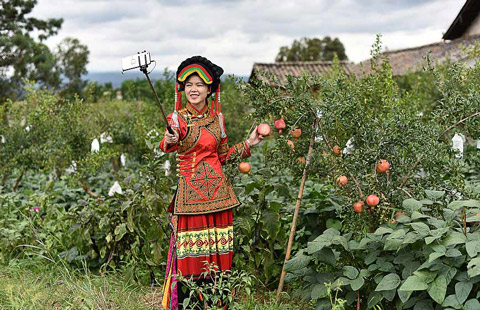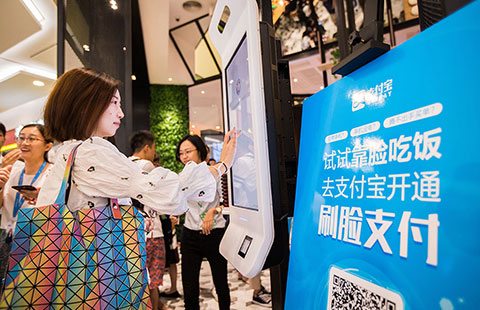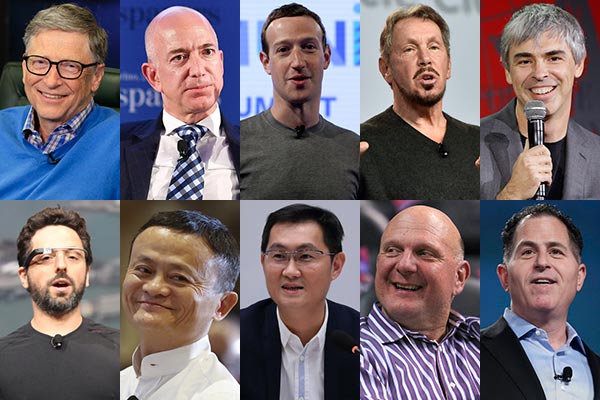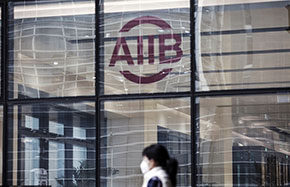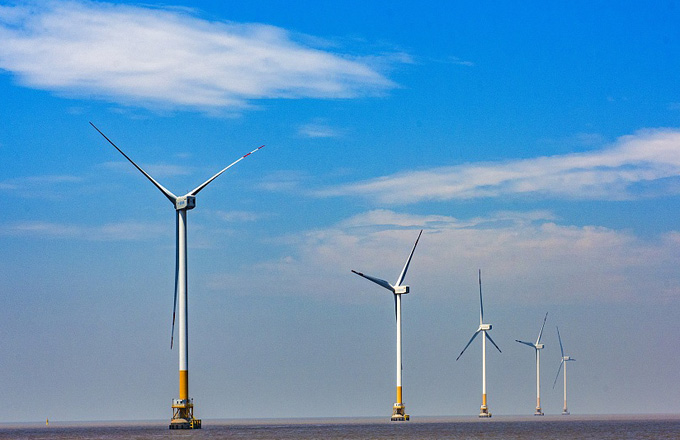China's August inflation expected to rise as food prices increase
BEIJING - China's consumer price index (CPI), a main gauge of inflation, is expected to pick up in August, with food prices likely to increase.
The official August CPI, scheduled to be released by the National Bureau of Statistics (NBS) on Sept 9, is expected to grow between 1.5 to 1.7 percent year on year, according to Tang Jianwei, chief economist with the Bank of Communications.
NBS data showed that the CPI rose 1.4 percent year on year in July, slightly down from June's 1.5 percent.
The CPI increased 1.4 percent in the first seven months of the year. The government aims to keep consumer inflation at around 3 percent this year.
"A rise in food prices in August may push up CPI growth, as food prices account for nearly one-third of the CPI," said Tang.
Food prices are predicted to have increased by 1.4 percentage points from July, affected by extreme weather during August, he said.
Data from the Ministry of Commerce (MOC) showed that prices of eggs and pork had been rising for four straight weeks in August due to high temperatures and heavy rain this summer.
From August 21 to August 27 in particular, egg and pork prices edged up 3.5 percent and 0.6 percent from the previous week, respectively, while the average price of 30 different vegetables gained 1.1 percent.
Egg prices had been propped up by huge demand ahead of the upcoming Mid-Autumn Festival and National Day holidays, and short supply, said Zhang Wenping, an industry analyst.
Low egg prices in previous years caused farmers to raise fewer chickens, leading to short supply, Zhang said.
Analysts believe consumer inflation will remain muted over the whole year.
"In the second half of 2017, CPI growth is expected to be slightly lower than the first half, with little pressure of inflation for the whole year," Tang said.
Kuang Xianming, director of the economic research center at the China Institute for Reform and Development, agreed, noting that there is little possibility for sharp CPI fluctuations.
Kuang said mild CPI growth would give policymakers more scope to push up structural reforms in key areas.
Among government's top priorities are accelerating mixed-ownership reform of the state-owned enterprises, promoting pricing reform of essential productive factors and expanding market access, Kuang said.
Taming inflation also gives the central bank leeway to stay composed in raising interest rates. China's monetary policy in 2017 is set to be "prudent and neutral" to keep appropriate liquidity levels and avoid large injections.
Over the past year, the central bank has steered clear of interest rate cuts and avoided tinkering with reserve requirement ratios while adopting an expanded range of tools, such as reverse repos and lending facilities, for more nimble maneuvering.
China will continue implementing a prudent and neutral monetary policy to create a neutral and moderate financial environment for supply-side structural reform, the central bank said in a statement last month.
The central bank will combine price-based and quantitative monetary tools as well as macro-prudential policies to fine-tune liquidity conditions, it said.







